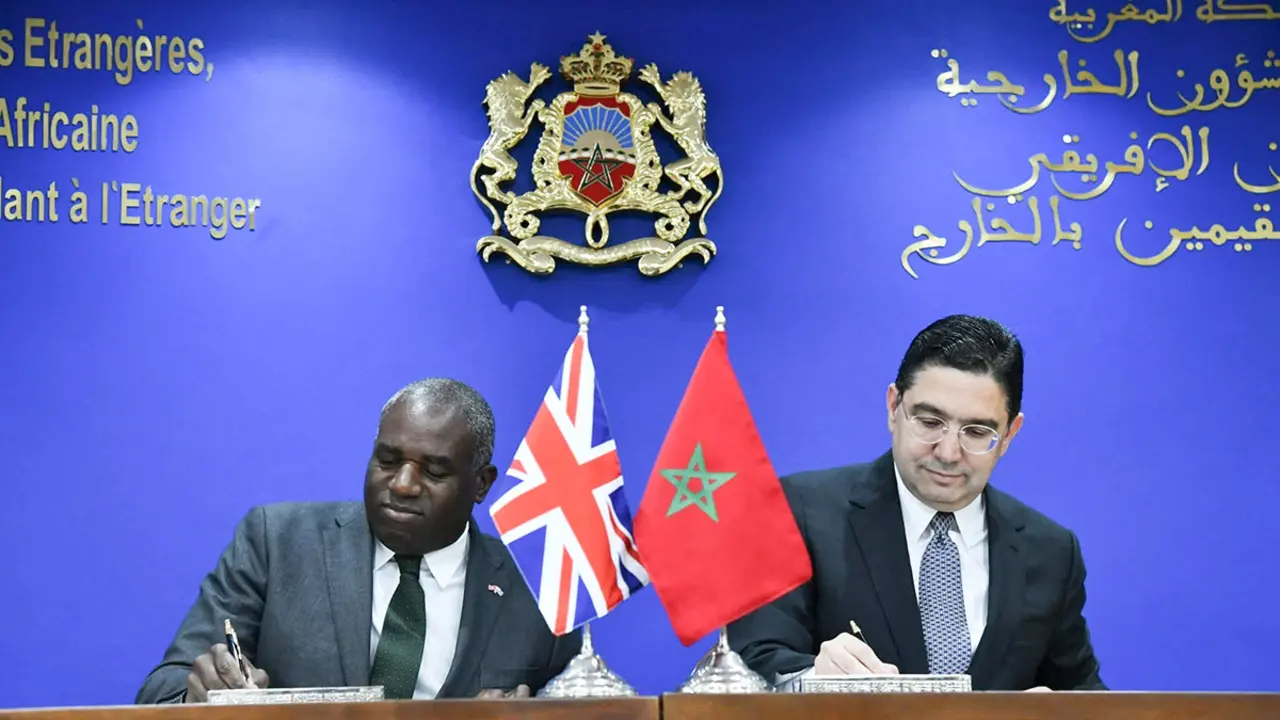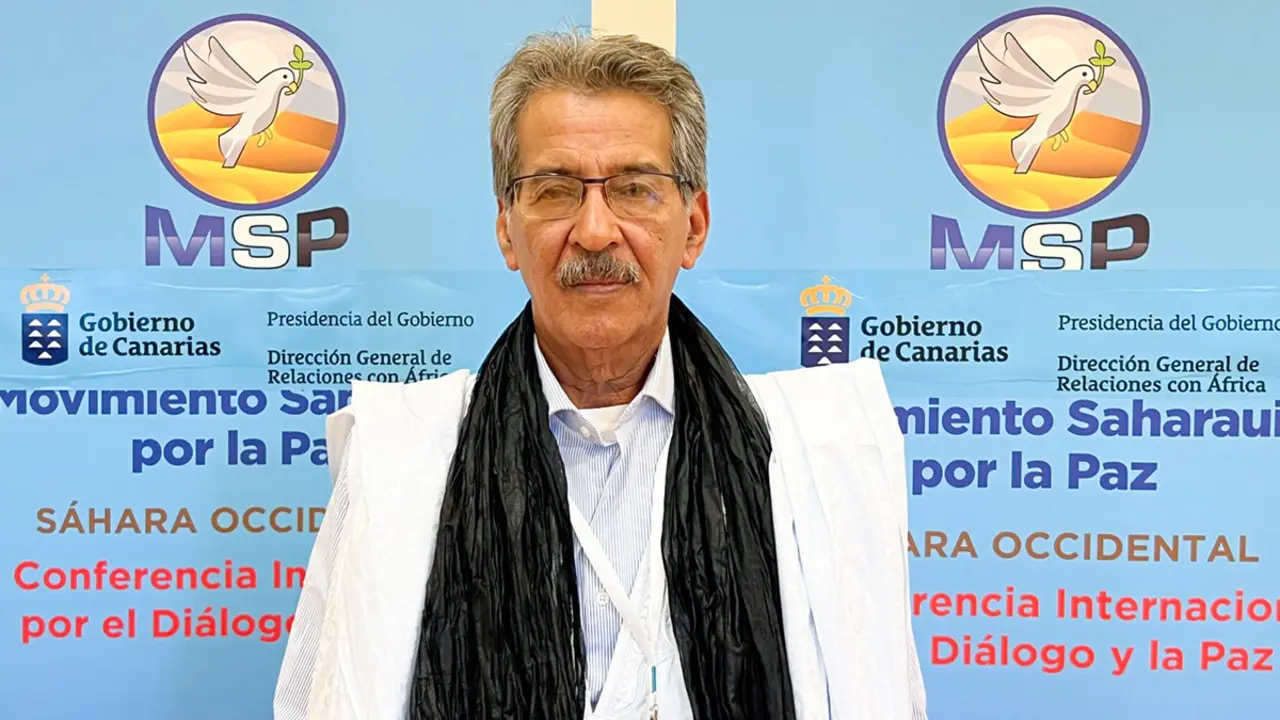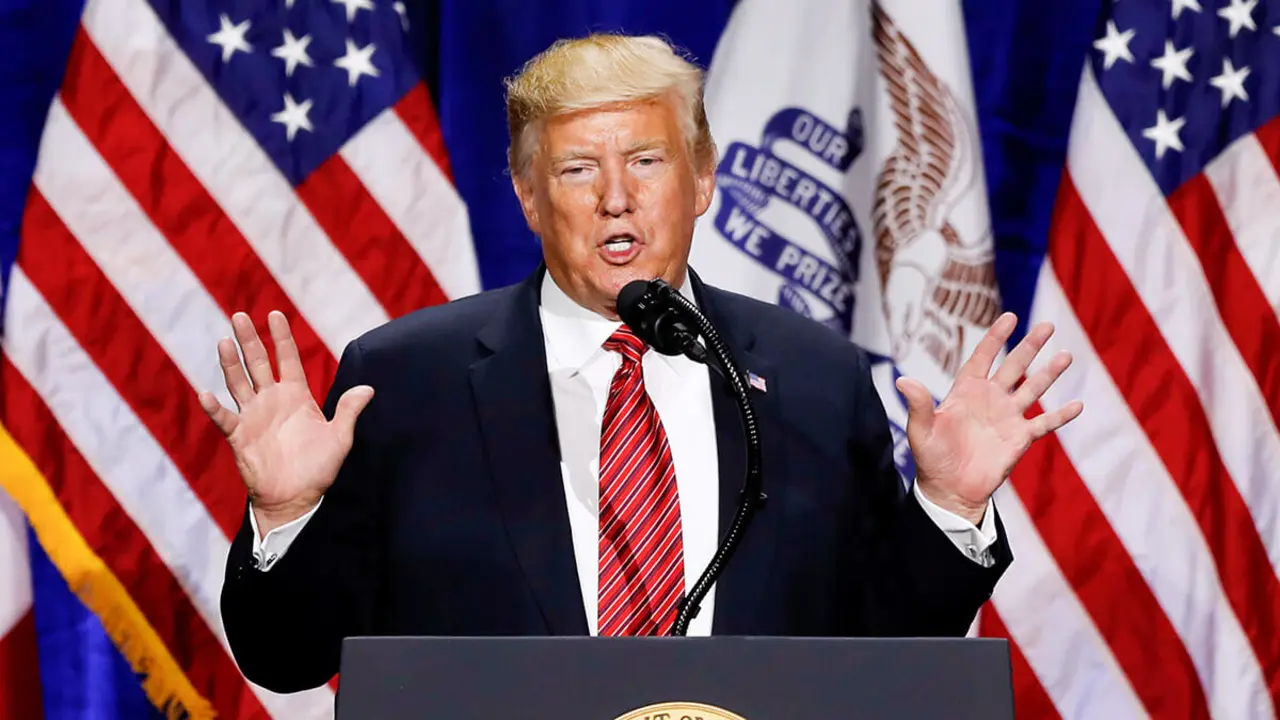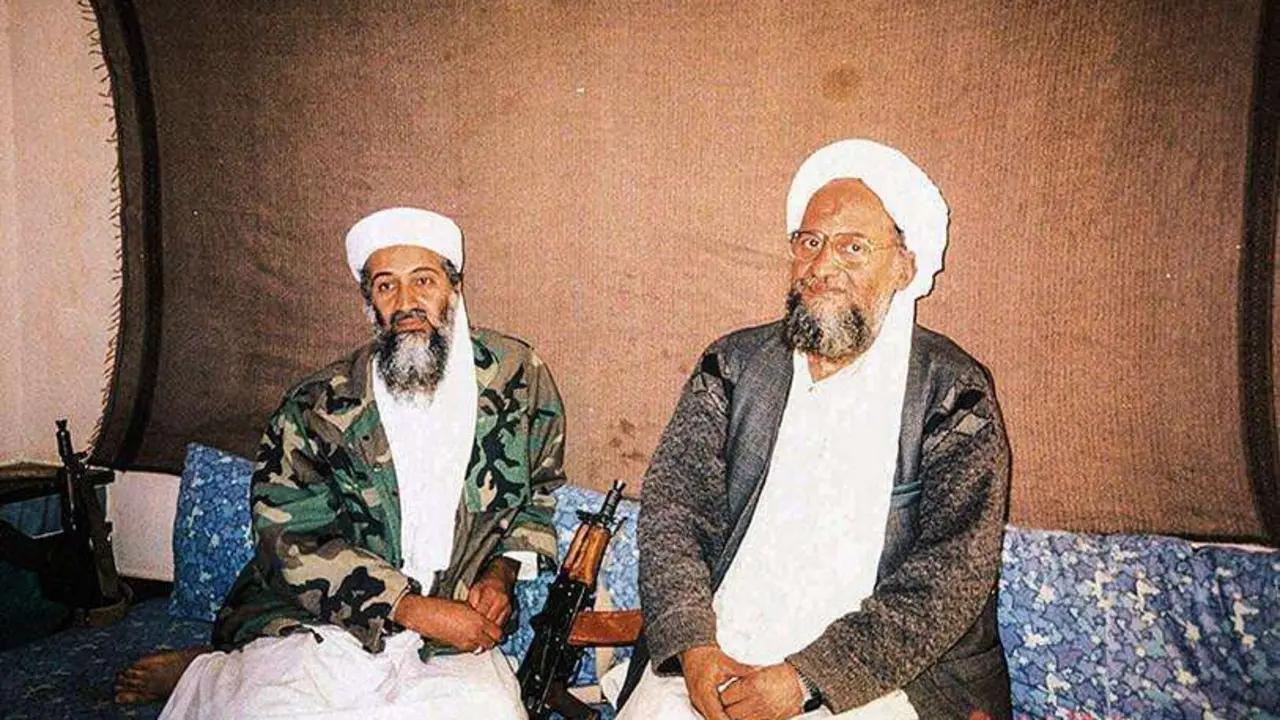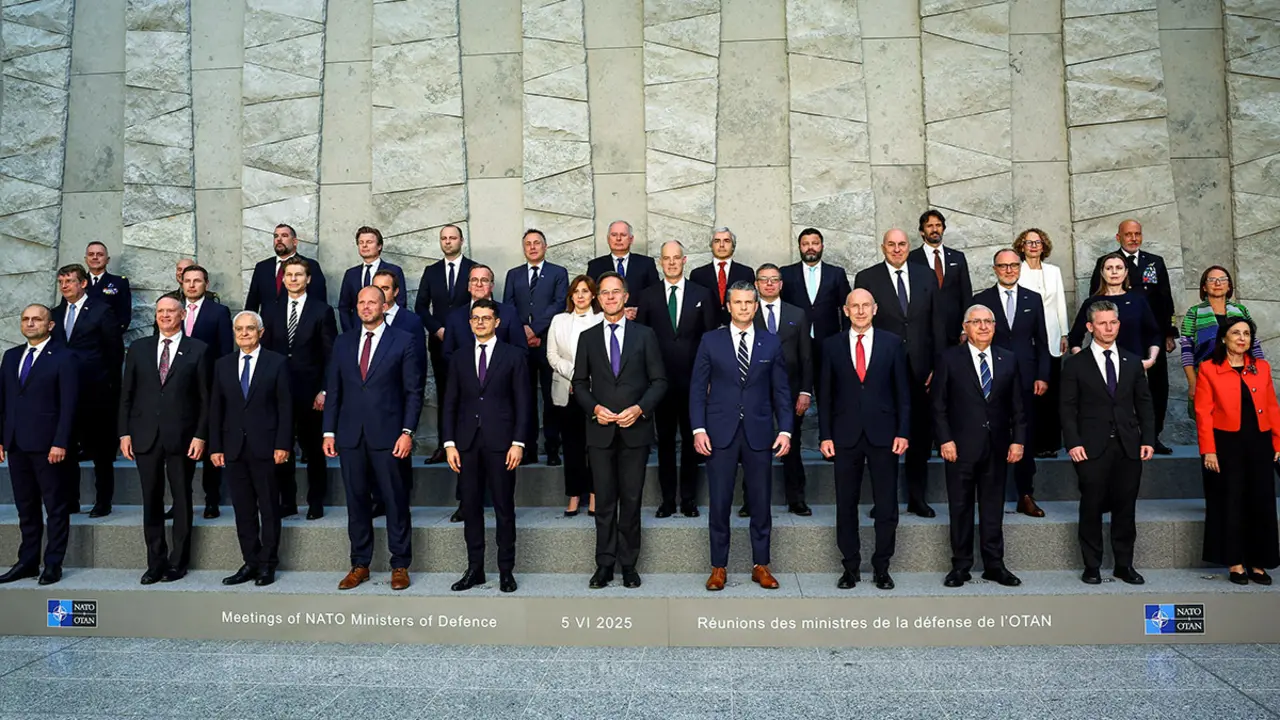Electoral Court opens investigation into Bolsonaro for attacking voting system
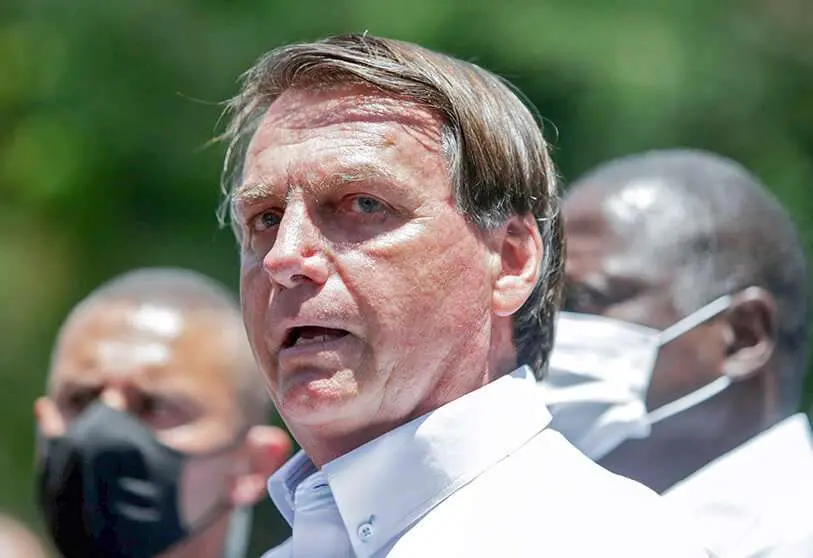
Brazil's Superior Electoral Court (TSE) opened an administrative investigation against President Jair Bolsonaro for his defamation campaign against the electronic voting system and asked the Supreme Court to include him in another process on the dissemination of false news.
The electoral court imposed two simultaneous heavy defeats on Bolsonaro in its first session after the July judicial recess and in response to the president's repeated threats ahead of the 2022 elections, in which he intends to run for re-election.
On the one hand, the TSE plenary unanimously approved a request to the Supreme Court that the far-right leader be included in an ongoing criminal case investigating the dissemination of false news against democratic institutions through social networks.

In the document sent to the Supreme Court, the president of the TSE, Judge Luis Roberto Barroso, specifically requested "the investigation of possible criminal conduct" by the head of state during his last Thursday live webcast, in which he harshly attacked the electoral authorities and the legitimacy of the current electronic voting system.
On the other hand, the TSE decided, also unanimously, to open an "administrative investigation" into the same matter on its own, which could ultimately serve as a basis for challenging Bolsonaro's possible candidacy in 2022, according to legal experts.
In this case, the electoral authorities will investigate whether behind Bolsonaro's attacks on the electronic ballot boxes there are elements that could constitute "abuse of economic and political power, fraud, corruption, improper use of the media and administrative machinery or advance propaganda".

Bolsonaro has in recent weeks stepped up his offensive against electronic ballot boxes, which he sees as a source of "fraud", and is pushing for Congress to pass a constitutional amendment to bring back paper ballots to complement the current system, which has been in place since 1996.
On Sunday, thousands of supporters of the retired army captain took to the streets in several cities across the country to support him in his crusade for the return of paper ballots.
The far-right leader said on Monday that if electronic voting is retained for the 2022 elections, the country will follow the path of Venezuela or Argentina. He also went so far as to declare weeks ago that without paper ballots, "there will be no elections" next year.
Bolsonaro, who is going through his worst period of popularity, intends to run for re-election next year, although so far the polls place him behind his greatest political adversary, former president Luiz Inácio Lula da Silva (2003-2010).
The president claimed, without evidence, that a "fraud" is being cooked up for these elections, allegedly orchestrated by the Superior Electoral Court, to supposedly benefit Lula, who all the polls show him as the clear winner.

Last Thursday, in a live webcast, Bolsonaro acknowledged that he did not have "proof" of possible vote-rigging in previous elections, but he did have "indications" of it, and lashed out harshly at the Superior Electoral Court (TSE).
For his part, the president of the TSE, judge Luís Roberto Barroso, veiled criticism of the president's position on Monday, saying that threatening the elections is "anti-democratic behaviour".
The magistrate, who is also a member of the Supreme Court, said that "there are things that are going wrong in the country" and that, for this reason, institutions and civil society have to be "very alert".
"We have already overcome cycles of institutional backwardness, but there are stragglers who would like to return to the past. Part of these strategies includes attacking institutions," Barroso added.


